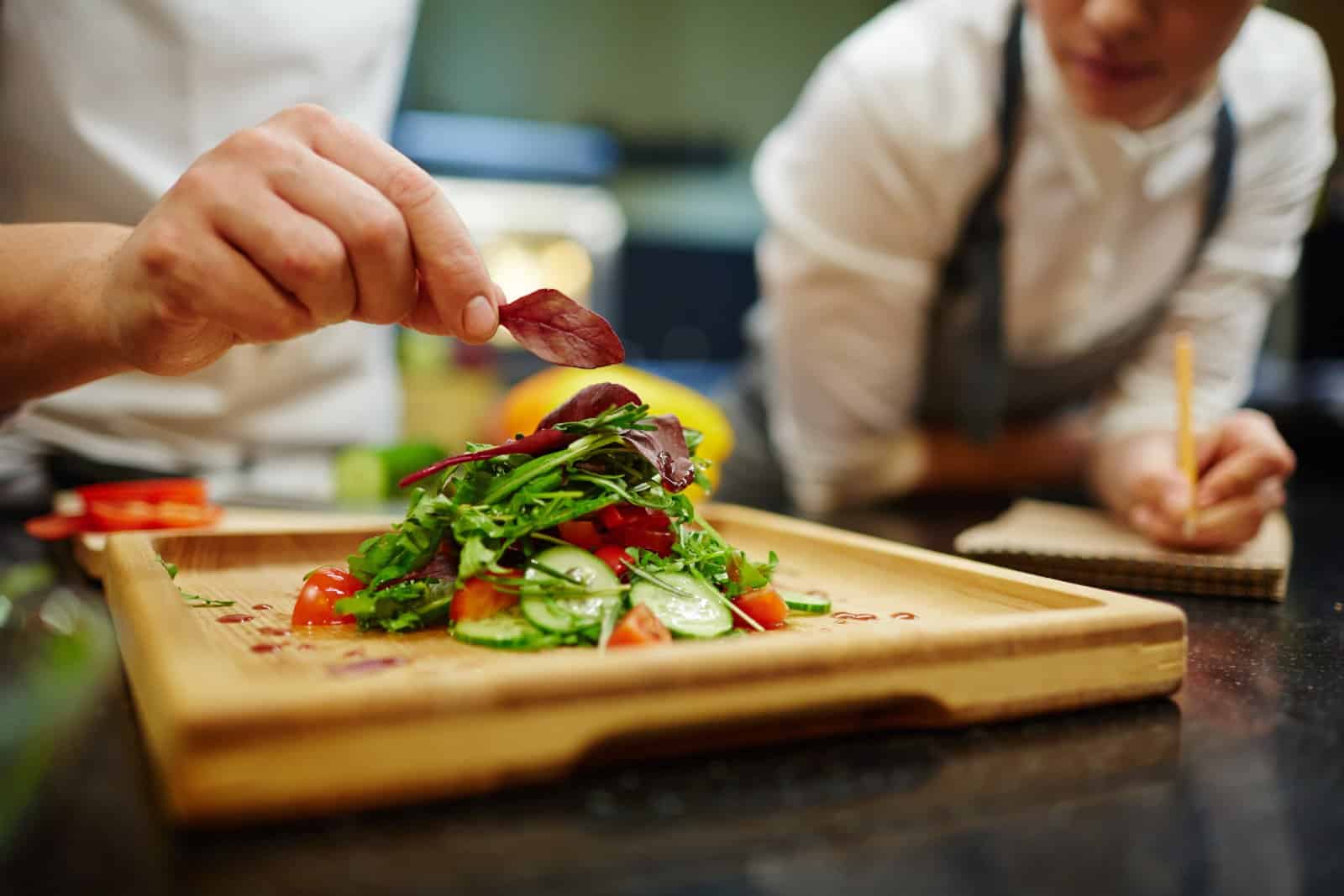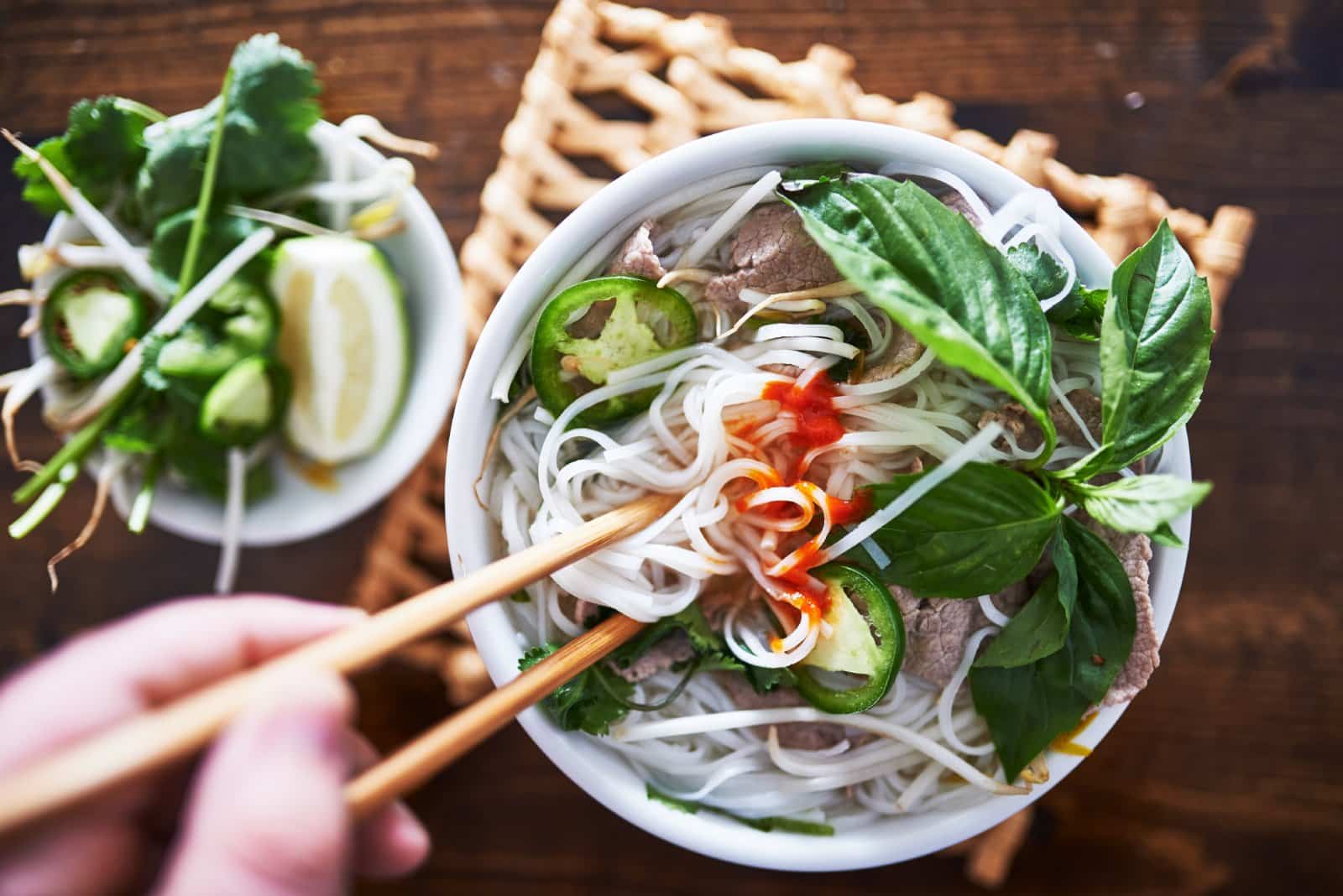Farm-To-Table Fad? The Truth About California’s Trendy Eateries
California’s farm-to-table restaurants have become immensely popular, promising fresh, locally sourced ingredients and a sustainable dining experience. But is this movement truly authentic, or just a trendy marketing gimmick?
1. Local Sourcing Claims

Many restaurants boast about sourcing ingredients from local farms, but how local is local? Some restaurants define local as within 100 miles, while others stretch it to the entire state. For instance, Chez Panisse in Berkeley, one of the pioneers of the movement, emphasizes sourcing from nearby farms, ensuring freshness and supporting local agriculture.
2. Seasonal Menus

Authentic farm-to-table restaurants change their menus seasonally based on available produce. This practice highlights their commitment to using fresh, in-season ingredients. Restaurants like Manresa in Los Gatos showcase seasonal menus that reflect the current harvest, ensuring diners get the best and freshest produce.
3. Direct Farmer Partnerships

True farm-to-table establishments often have direct relationships with farmers. This not only supports local agriculture but also ensures transparency in sourcing practices. For example, The Restaurant at Meadowood in Napa Valley partners directly with local farms and wineries, ensuring a seamless farm-to-table experience.
4. Transparency in Sourcing

Authentic restaurants provide detailed information about their suppliers. They often name the farms they work with and describe their sourcing practices. For instance, Rustic Canyon in Santa Monica lists its farmers and producers on the menu, offering diners a transparent look at where their food comes from.
5. Sustainability Practices

A genuine farm-to-table restaurant practices sustainability beyond just sourcing. This includes waste reduction, composting, and using eco-friendly packaging. The Kitchen in Sacramento, for example, emphasizes sustainability in all aspects of its operation, from sourcing to waste management.
6. Support for Small Farms

The movement aims to support small, local farms, not just large-scale organic producers. Restaurants like The Slanted Door in San Francisco are known for sourcing from small, family-owned farms, helping to keep these businesses viable.
7. Quality Over Quantity

Authentic farm-to-table restaurants prioritize quality over quantity, often resulting in higher prices. This focus on premium ingredients is evident in establishments like SingleThread in Healdsburg, where the quality of each dish reflects meticulous sourcing and preparation.
8. Community Engagement

Genuine farm-to-table restaurants engage with their communities through farmers’ markets, farm tours, and educational programs. For instance, Los Angeles’ Gjelina regularly participates in local farmers’ markets, fostering a close-knit community of food producers and consumers.
9. Chef’s Philosophy

The philosophy of the chef often drives the authenticity of farm-to-table dining. Chefs like Alice Waters of Chez Panisse are vocal advocates for sustainable and local food systems, influencing the restaurant’s operations and ethos.
10. Challenges and Criticisms

Despite their ideals, farm-to-table restaurants face challenges such as supply inconsistencies and higher costs. Critics argue that some restaurants use the term “farm-to-table” as a marketing ploy without fully committing to its principles. This has led to a proliferation of eateries claiming to be farm-to-table without adhering to the rigorous standards set by pioneers of the movement.
The Verdict

California’s farm-to-table restaurants range from deeply authentic to superficially trendy. While many establishments genuinely commit to sustainable, local sourcing and transparent practices, others may leverage the movement’s popularity for marketing purposes. The key to discerning authenticity lies in transparency, community engagement, and a demonstrated commitment to supporting local agriculture.
Not All Tea Is Good for You: List of Teas to Avoid and to Stick To

Not all teas are healthy and some might actually harm your health with poor ingredients. But how can you tell the good from the bad? This guide aims to help you make informed choices without turning you into a tea expert overnight. Not All Tea Is Good for You: List of Teas to Avoid and to Stick To
America’s Spiritual Revolution: Turning Away from Christianity to Embrace Alternatives

As church attendance declines, Americans are exploring diverse spiritual paths, from stargazing druids to unconventional deities like Wi-Fi gods and extraterrestrials. Explore the quirky and sometimes controversial new religions capturing attention as people seek meaning beyond traditional Christianity. America’s Spiritual Revolution: Turning Away from Christianity to Embrace Alternatives
25 Must-Try Global Delicacies

From Bangkok’s bustling streets to Parisian cafes, every corner of the world offers something special for your taste buds. And you don’t have to travel far; even in the USA, you can find a world of flavors. Here are 25 global delicacies every foodie should try, including some local favorites! 25 Must-Try Global Delicacies
Featured Image Credit: Shutterstock / Photo Volcano.
For transparency, this content was partly developed with AI assistance and carefully curated by an experienced editor to be informative and ensure accuracy.






